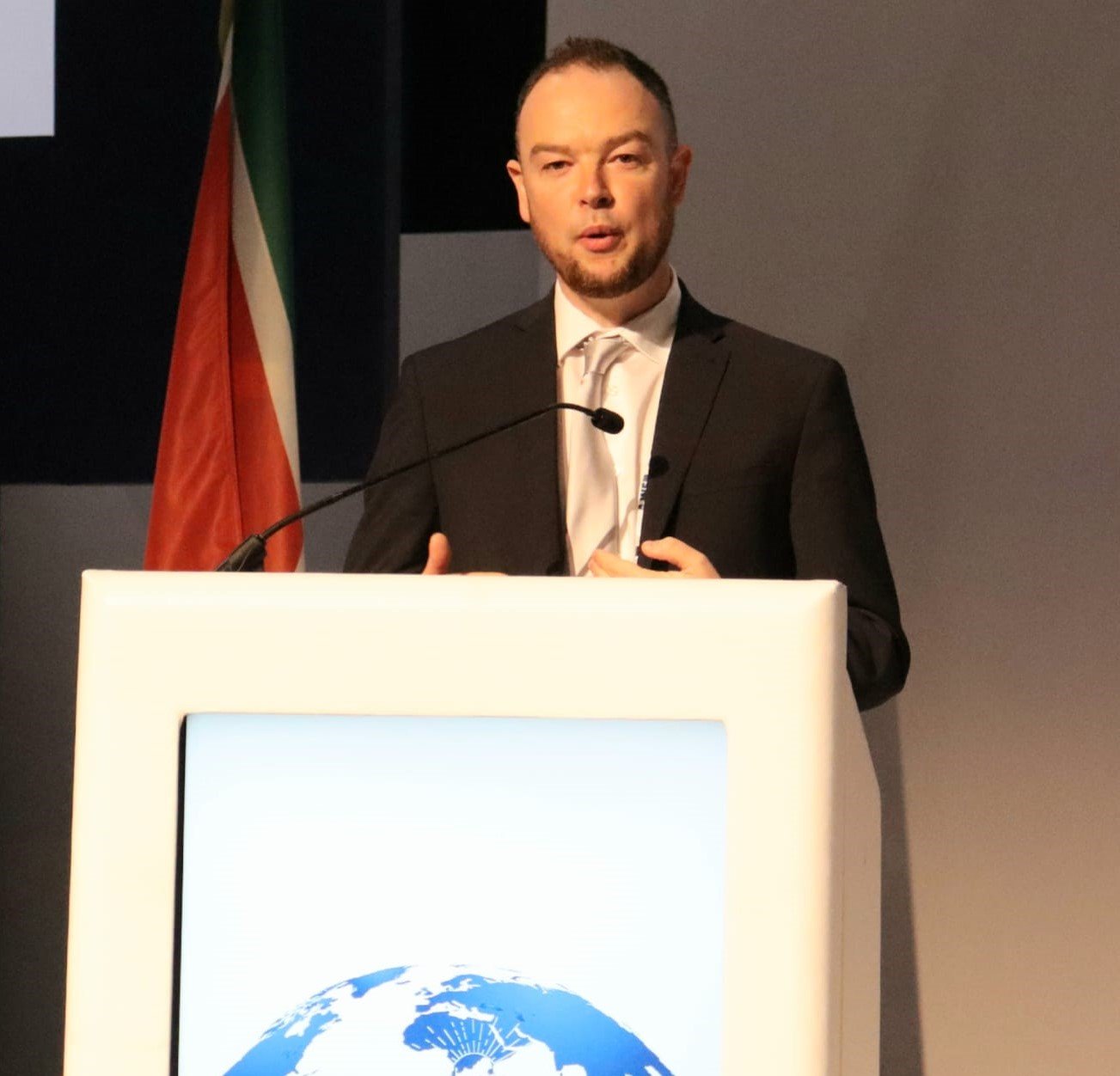What We Do
……………………………………………………
Since its inception in mid-2012, the Electoral Integrity Project has focused upon three issues:
How and when do elections fail- throughout the electoral cycle?
What are the consequences of failed elections, such as for security, accessibility and trust?
And what can be done to mitigate these problems, based on academic evidence?
EIP has sought to produce innovative and policy-relevant scientific research that achieves international standing in the social sciences and leads to a significant advancement of capabilities and knowledge about elections, democracy, and autocracy.
STRATEGIES
The project has used several strategies to achieve these objectives:
Developing and deepening concepts and theories concerning the causes and consequences of electoral integrity;
Gathering valid, reliable, and generalizable empirical evidence (through expert indicators, mass surveys, experimental designs, and case-studies) monitoring and comparing electoral integrity across and within nations
Building a worldwide research community engaging scholarly and practitioner networks drawn from diverse disciplines, theoretical approaches, global regions, international organizations, and methodological techniques to advance knowledge of electoral integrity.
Provision of consultancy and training in response to needs from EMBs, policy makers and the international community.
“The Electoral Integrity Project seeks to strengthen elections in contests around the world. We aim to inspire everyone to improve democracy and human rights at home and abroad.”
WHAT WE HAVE ACHIEVED
The EIP has established a productive track record of generating publications, datasets, and outreach activities (see the complete list of publications).
Since July 2012, work by staff and visiting scholars has generated 12 books, 34 peer-reviewed journal articles and edited book chapters, eleven policy reports, many electronic datasets, and two special issues of scholarly journals (Electoral Studies and the Electoral Law Journal).
These outputs have attracted more than 1,000 scholarly citations to EIP publications, as well as hundreds of articles in the international news media.
The PEI datasets have been downloaded from Dataverse over 55,000 times.
Through outreach events around the world, including at the United Nations, and active engagement and partnership with international agencies, regional organizations, NGOs and EMBs providing electoral assistance, EIP has broadened understanding of international standards of electoral integrity and where countries fail or succeed in this regard.
We have responded to urgent policy problems in real time - such as the covid and elections project which recently led to a new volume on Elections During Emergencies and Crises (free to download).




